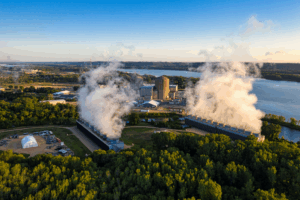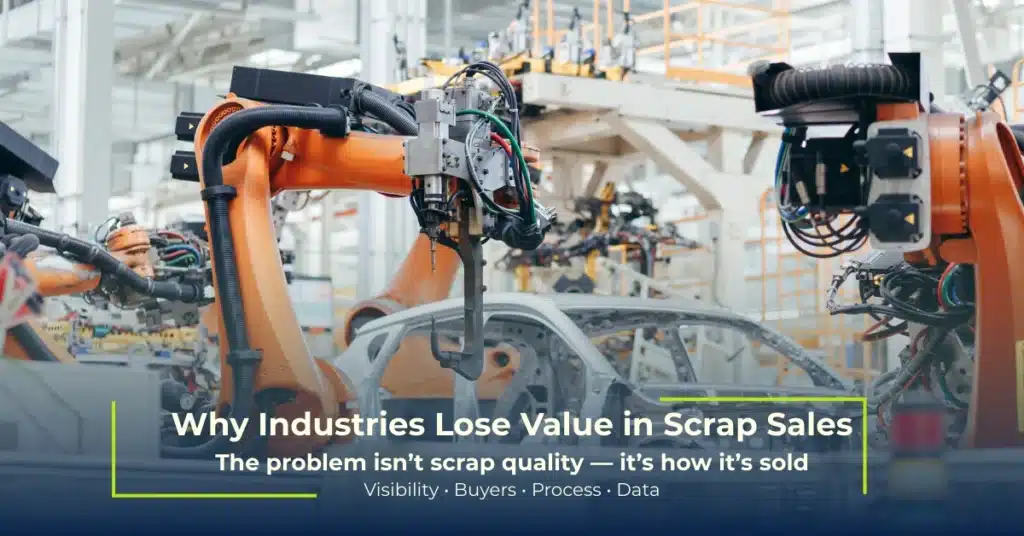
Here’s the thing about waste, it’s like that one guest who overstays the party. We create it, ignore it, and then act surprised when it starts taking over our space. Whether it’s your coffee cup, yesterday’s takeaway box, or your old phone gathering dust in the drawer, everything ends up somewhere. The big question is, how do we handle it responsibly? Two schools of thought dominate this debate: the scientific way and the eco-logical way. Both sound fancy, but they work very differently.
Let’s start with the scientific route. This one’s all about data, design, and discipline. Think high-tech recycling plants, waste-to-energy incinerators, smart bins, and engineered landfills. Cities like Singapore and Tokyo swear by it: they burn waste at high temperatures, reduce it to ash, and even convert it into electricity. It’s like turning your garbage into a power source: efficient, quick, and undeniably impressive. But there’s a catch: it’s expensive, energy-hungry, and not entirely pollution-free. Incineration might shrink the pile, but it still leaves behind emissions that need managing. And landfills, no matter how “sanitary,” eventually fill up. It’s like sweeping things under a high-tech rug.
Now, flip to the eco-logical side. The calmer, earthy cousin of the scientific model. This approach doesn’t rely on machines; it relies on mindsets. It’s about reducing waste at the source, reusing what you can, composting what you can’t, and refusing what you don’t need in the first place. It’s slower, sure, but deeply sustainable. Imagine your kitchen waste turning into compost that feeds your garden or a community where people swap clothes instead of throwing them out. Pune and Mysore, in India have done this beautifully by getting citizens involved in home composting and segregation drives. It’s less about infrastructure and more about intention.
The funny part? Both sides secretly need each other. Scientific waste management is brilliant at handling scale; thousands of tonnes a day, automated segregation, biogas generation – it’s a city-level saviour. But without people segregating waste properly at home, even the best machines choke. On the other hand, eco-logical waste management thrives on community participation and awareness, but it can’t deal with industrial waste or massive urban volumes alone. So one gives us precision, the other gives us conscience.

What this really means is that the smartest way forward isn’t a competition, it’s collaboration.
Picture this: your city runs scientific systems for collection, recycling, and treatment, while citizens actively practice eco-logical habits: composting at home, saying no to single-use plastics, repairing instead of replacing.
The result? Less waste reaching landfills, lower emissions, and cleaner surroundings. It’s the same balance Indore has mastered: A city that combines high-tech processing with grassroots participation. Sweden does it too: cutting-edge incineration paired with strict waste segregation and education programs.
Here’s a simple truth: technology alone can’t save the planet, and neither can guilt-driven minimalism. What works is smart science guided by human values. We need machines that process efficiently and people who consume consciously. We need policies that reward responsible behavior and punish negligence. And most importantly, we need to stop treating waste as something that disappears once it leaves our hands. Because it doesn’t. It just moves to someone else’s backyard, someone else’s ocean.
So next time you toss something out, remember; waste management starts right there, in that tiny everyday choice. Whether it’s sorting your kitchen scraps or saying no to that extra plastic bag, it all adds up. Science can build systems, but only we can build habits.
And that’s the real formula for a cleaner, smarter, and genuinely sustainable planet.


